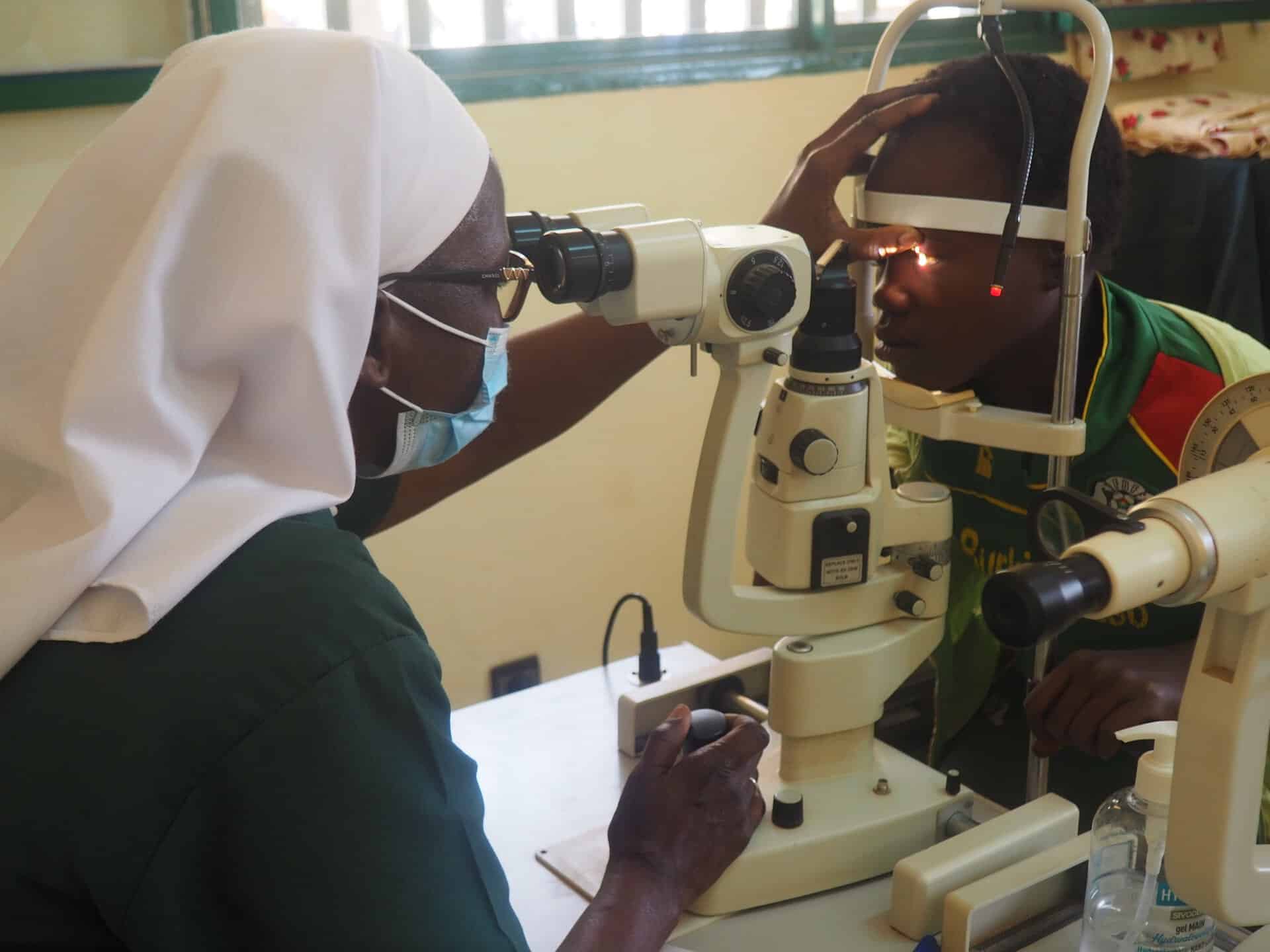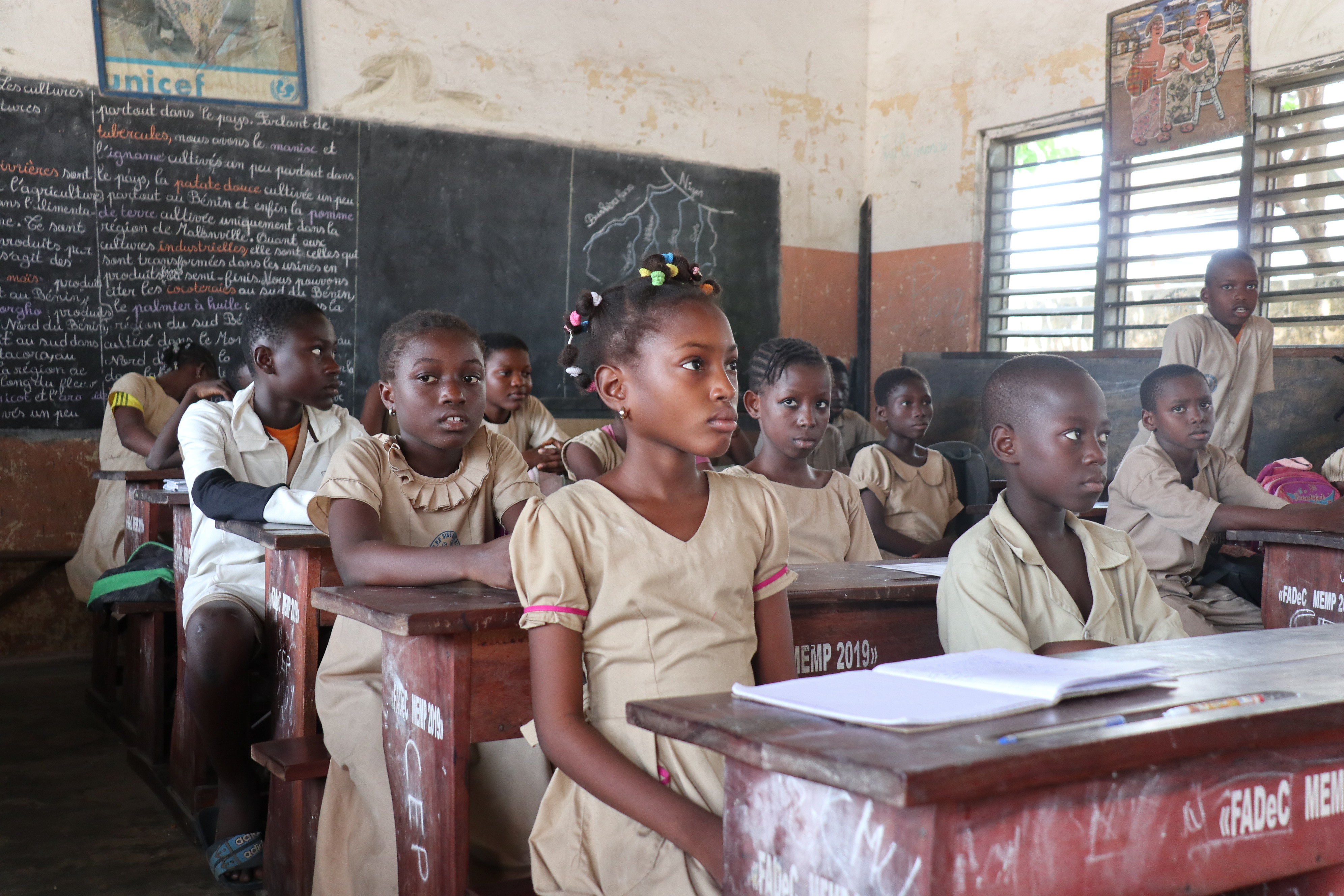@Marion Tranchant
The world has committed itself to building an inclusive education system by 2030, where everyone can learn, All children, regardless of language, origin, condition, would have the education to fulfil their potential. And yet today, barely 10 years before the deadline, the situation still seems far from ideal. Faced with the exclusion of more than half of the children with disabilities in Cambodia, Aide et Action's teams are mobilizing to ensure that the right of all children to a quality education is finally respected.
Children from ethnic minorities, those who speak a language other than the official one, or those with disabilities - their differences still exclude many of them from any education system. Whatever the country, education primarily meets the needs of the vast majority, without offering an alternative to those who need it. That is why, in 2015, world decision-makers committed to building a truly inclusive education system by 2030, where everyone can get the education they need.
Inclusion: an ideal that takes time to build
However, even today, inclusion is still very far from being a reality for all. Children with disabilities are the first victims, as they represent an estimated 15% of the world's out-of-school children. Nearly 8 out of 10 countries have adopted laws to facilitate their schooling, but not necessarily those that are needed. They can be enrolled in school, but not in the vast majority of contexts. Classes are specially opened for them, with dedicated teachers who unfortunately have neither the training nor the equipment to meet the needs of these children. Labelled "disabled", separated from the rest of the world, deprived of learning conditions In the absence of favourable conditions, these children are not given the education and opportunities they deserve.
Cambodia: 1 in 2 children excluded because of their disability
In Cambodia, nearly 57% of children with disabilities do not attend school, which is more than one child out of two. In partnership with the Rabbit School association, Aide et Action is working to improve access to quality education for these children by building dedicated classrooms in public schools. Children with disabilities are thus welcomed in favourable conditions to discover the school, to acclimatise, to catch up with their peers, while making friends and exchanging ideas with them. This process allows them to return to public classes with their peers. Aide et Action's intervention also consists of training and coaching teachers so that they are able to understand the specific needs of these children and offer them a flexible education. Finally, the association revises the curriculum and develops and provides adapted materials to facilitate learning.
Flexible and adaptable teaching is the watchword
Normally, the golden rule of successful inclusive education is adaptation and flexibility. The Covid-19 epidemic has further complicated this and forced our teams to be even more reactive and strategic in preventing these particularly vulnerable children from dropping out of school. From one day to the next, these children found themselves alone, at home, deprived of any education and the support and guidance of an adult teacher or supervisor. Aide et Action has therefore installed a studio in its offices to enable teachers to record their lessons and then broadcast them on the internet, via Whatsapp, Facebook and Youtube. As not all families have access to the internet, the association worked with teachers to place printed materials in each child's home and asked parents to regularly bring in videos of their children at work so that teachers could monitor the progress of younger children.
The urgent need to create an inclusive education system
Beyond the economic and social crises, the Covid-19 pandemic has exacerbated inequalities and discrimination, aggravating the pre-existing education crisis and leaving the most vulnerable and marginalised. It is now estimated that up to 30 million children may not return to school. More than ever, there is an urgent need to build a truly inclusive and resilient education system where every learner is treated with dignity and can learn without barriers. Hence the idea of the GEM Report experts, authors in 2020 of theUNESCO dedicated to Inclusion and Education, to invite young people, the key actors of tomorrow's world, to ask policy makers to finally keep their promises and start working on an inclusive education system when schools re-open.
Read the open letter from young people to world decision-makers and add your voice, click here
Read more about our project






